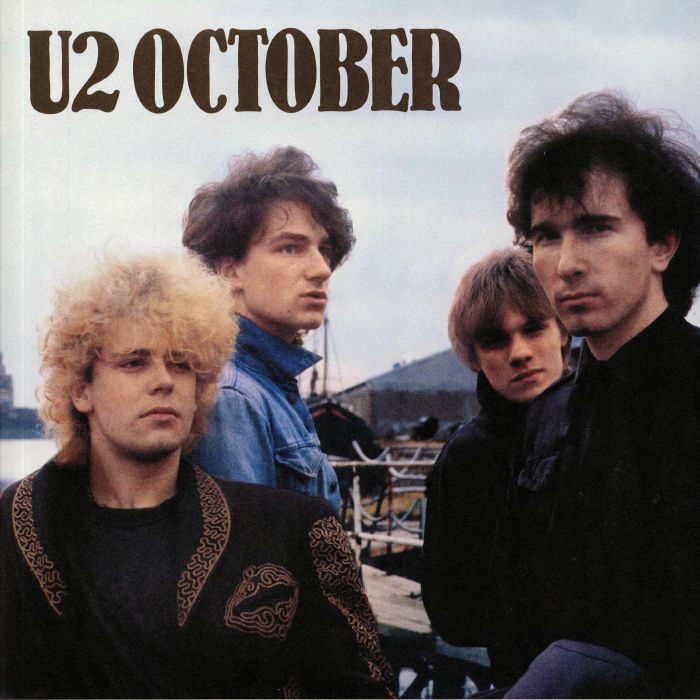


The next morning/noon, as we were all eating a late breakfast, Bono said he had just returned from a trip to the now-freed Sarajevo and been inspired by it. (On a side table in the dining room was his original copy of a guide to birdwatching in the Caribbean, written by James Bond, whose great contribution to the 20th century was that he provided Fleming with the deliberately bland name he was seeking for his super spy and licensed assassin.)Īlso Read Watch U2’s Bono and The Edge Perform With Ukrainian Group Antytila in Londonīono and I hit it off tremendously, which meant that, after going to a number of outdoor Reggae dancehall shows, we returned to Blackwell’s house and drank until 5 in the morning, talking inexhaustedly about Irish writers, women, and drinking. A friend brought me to Chris Blackwell’s house GoldenEye, the former home of immortal writer Ian Fleming. In the first few days of January 1996, just weeks after the first wars in the former Yugoslavia ended, with Serbia’s capitulation and acceptance of the Dayton Peace Accord, I met Bono, who I had never met before, in Jamaica. I know all this because it was entirely my idea. In reality, the road to that historic night - and it was a great night, and really did change the morale of a country - was anything but simple and sure, and in the beginning U2 didn’t want to do it. Since then time has, as it often does, slobbered all over the occasion and preserved it in a larvae of sacchariny, revisionist myth, which has now reached its nadir with a new documentary that is intended to even further burnish the self-sculpted glorification of the Irish band. The concert for Sarajevo, in September 1997, is probably one of the most famous and truly meaningful rock concerts ever staged: U2 playing Sarajevo, in a soccer stadium, soon after the end of the war in Bosnia and the hellish three-and-a-half-year siege of the city.


 0 kommentar(er)
0 kommentar(er)
